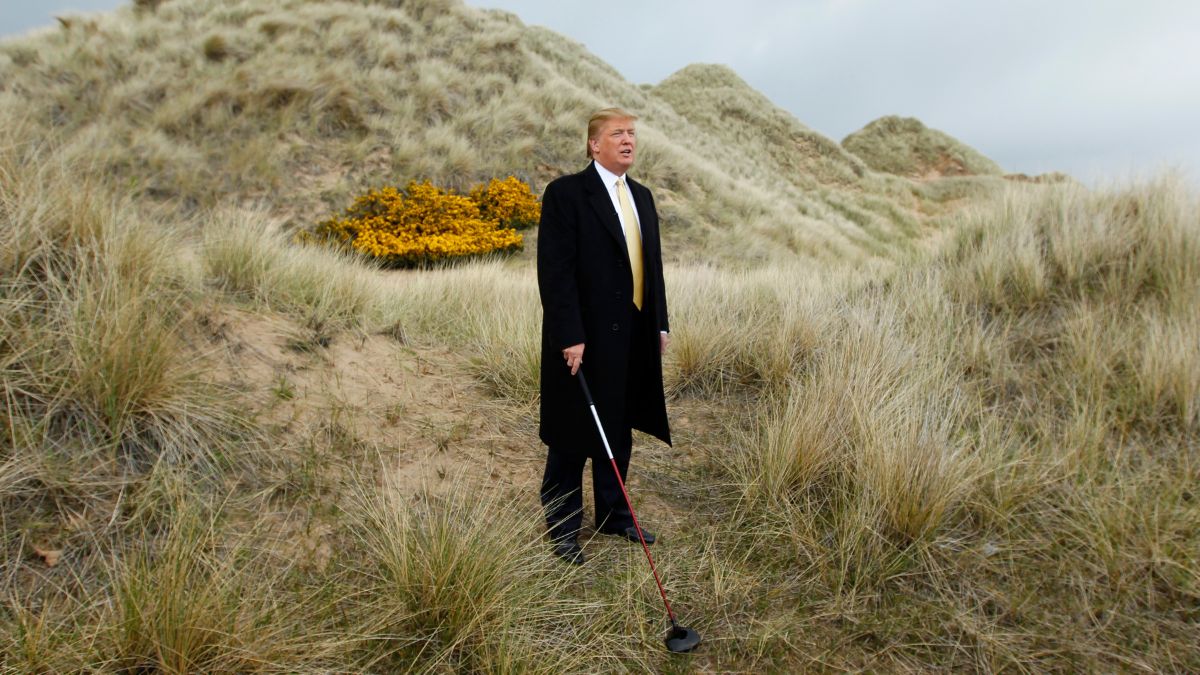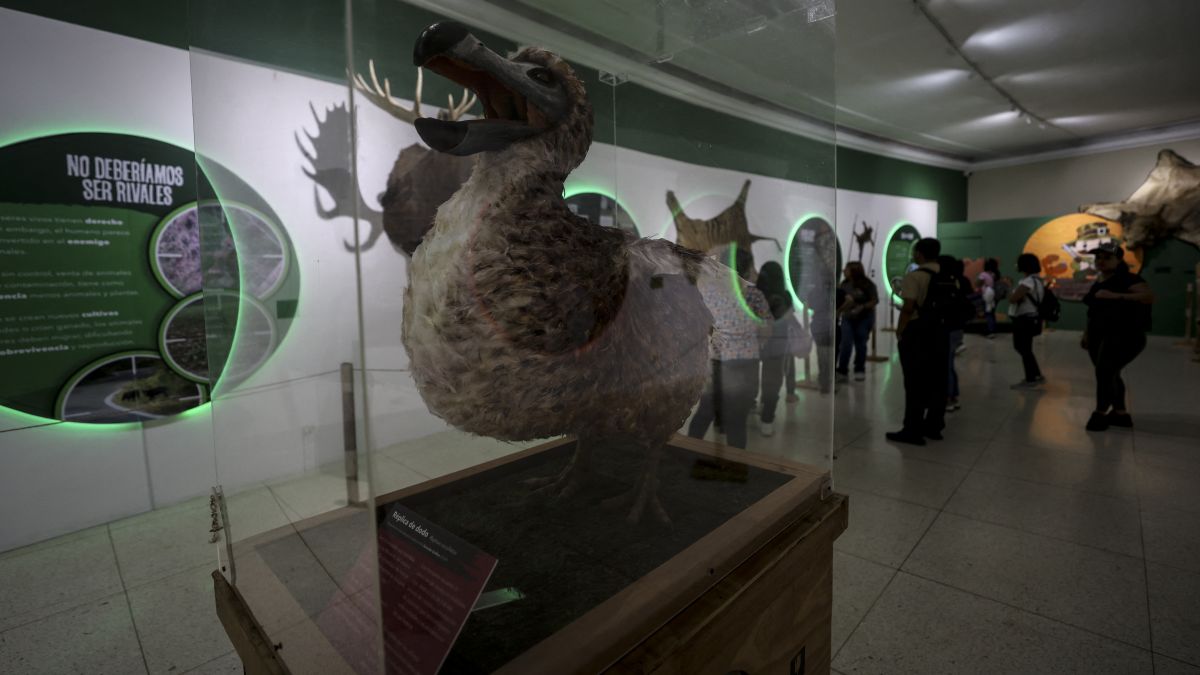Just days ahead of a call with Chinese leader Xi Jinping, US President Donald Trump cut over $400 million in military aid to Taiwan, the self-ruling island that Xi wants to invade and occupy, according to a report.
Just days ahead of a call with Chinese leader Xi Jinping, US President Donald Trump cut over $400 million in military aid to Taiwan, according to The Washington Post.
China considers the self-ruling island of Taiwan as a breakaway province and is committed to its ‘reunification’ — including through military means if necessary. Xi has vowed to occupy Taiwan by 2049, and US intelligence agencies have concluded that he has ordered the military to prepare for an invasion of Taiwan by 2027.
The military aid package that Trump rejected would have been “more lethal” than previous rounds of military aid to Taiwan and comprised munitions and autonomous drones, two persons familiar with the matter told The Post.
The development has come at a time when Trump is negotiating a trade deal with China. Even though he started the trade war with China with bravado and imposed 145 per cent tariff on China, there are signs that he has buckled and is looking to save his face. Xi appears to be giving the TikTok deal as a face-saver to Trump in exchange for much more substantial concessions on trade, tariffs, export controls, and geopolitical issues like Taiwan.
With the scrubbing of military aid to Taiwan, Trump has broken yet another longstanding bipartisan US foreign policy position.
For decades, the United States has provided Taiwan with billions of dollars of military equipment, including munitions, in order to boost the self-ruling island’s defences against a potential Chinese invasion. Former President Joe Biden (2017-21) approved more than $2 billion in aid to Taiwan — a $571 million-package was approved just days before Trump took over.
Has Trump changed Taiwan policy?
The US Congress allows the president to send military aid to the tune of $1 billion to Taiwan every year. But Trump has rejected the longstanding commitment.
Instead, it appears that Trump is looking forward to selling weapons to Taiwan. There have been reports that the administration officials have held talks with Taiwanese counterparts for a sale of weapons that could include fighter planes and anti-ship missiles.
Such a change is bound to boost Xi’s ambitions to invade and occupy Taiwan as any transactionalism in the US-Taiwan relationship is bound to weaken the possibility of direct US intervention in case of a Chinese invasion.
Even though Biden stuck the decadeslong US policy of strategic ambiguity when it came to Taiwan, he made it clear that the Chinese invasion would be a red line and he would commit American military to tackle the situation. With his actions, Trump has essentially reversed Biden’s announcement.
End of Article

)
)
